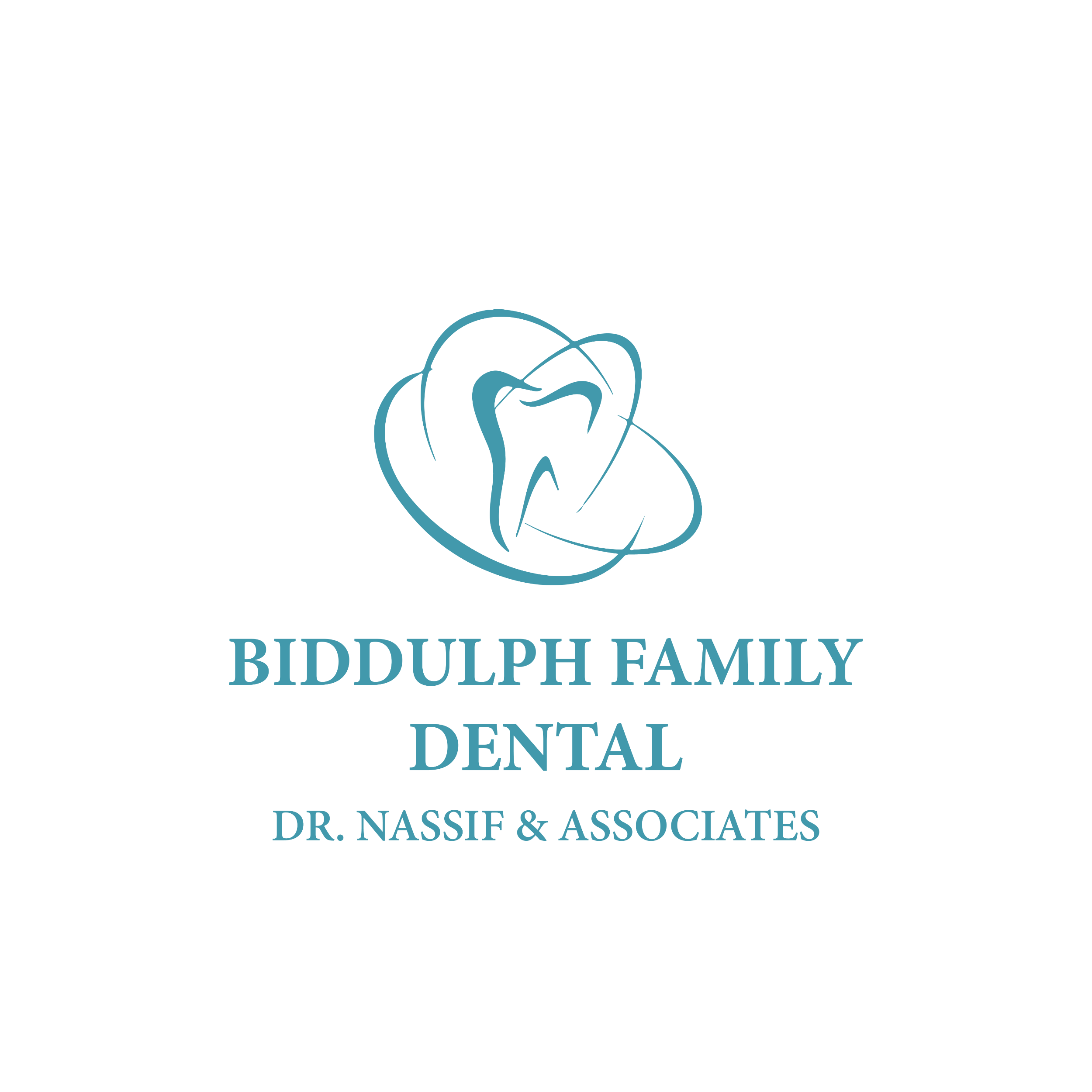What to Know About Tooth Extractions
A tooth extraction can be a stressful experience, but knowing what to expect can help. When you visit the dentist in Brooklyn, OH, your dentist should be able to answer any questions you have about tooth extractions. Below are some of the most commonly asked questions about tooth extractions.
What Happens During A Dental Extraction?
During a dental extraction, the dentist will start by examining your tooth to determine the best method of extraction and whether the extraction is necessary. Once the dentist performs the examination, they’ll numb the area to ensure that you can’t feel the extraction happening.
Next, the dentist will use a tool to loosen your tooth, then the dentist will pull it out. If your tooth is broken at the gum line, the dentist may need to make an incision in your gums to remove the tooth.
Do Dental Extractions Hurt?
The dental extraction should not hurt while it is taking place, because the area should be numbed. However, you may experience some discomfort after the numbness wears off. Your dentist will recommend strategies (like taking over-the-counter medications) to help ease your comfort during this period.
How Long Do Dental Extractions Take?
Most dental extractions are relatively fast. Dental extractions can be finished in as little as 30 minutes or can take as long as one hour.
When Is An Extraction Necessary?
You may need a dental extraction if your tooth becomes injured or damaged. If your tooth becomes infected and the infection is allowed to progress, the dentist may recommend an extraction. Some people require tooth extraction when they have crowded teeth.
How Do You Recover From a Dental Extraction?
To recover from a dental extraction, avoid strenuous activity for two days, or as long as the dentist recommends. Your dentist may recommend over-the-counter pain medication. Keep the extraction site clean. You can brush and floss like normal, but avoid brushing or flossing the extraction site.
For more information about dental extractions in Brooklyn, OH, call your dentist at Biddulph Family Dental today.






